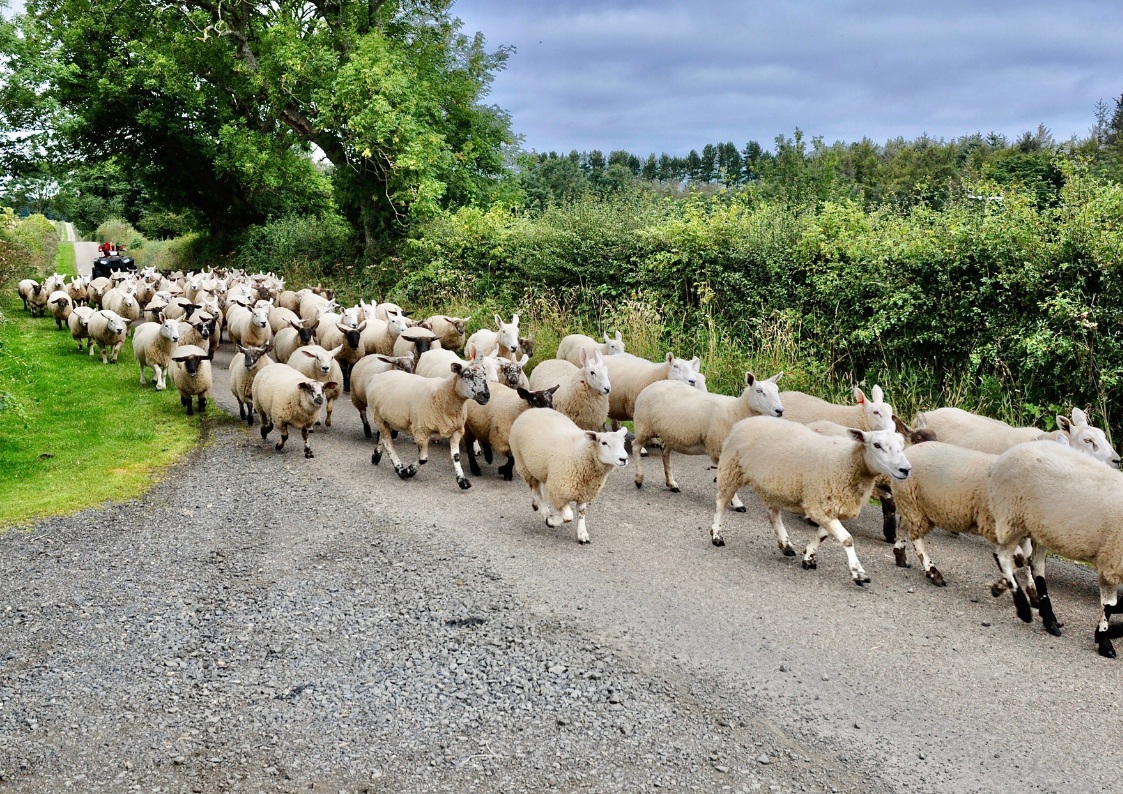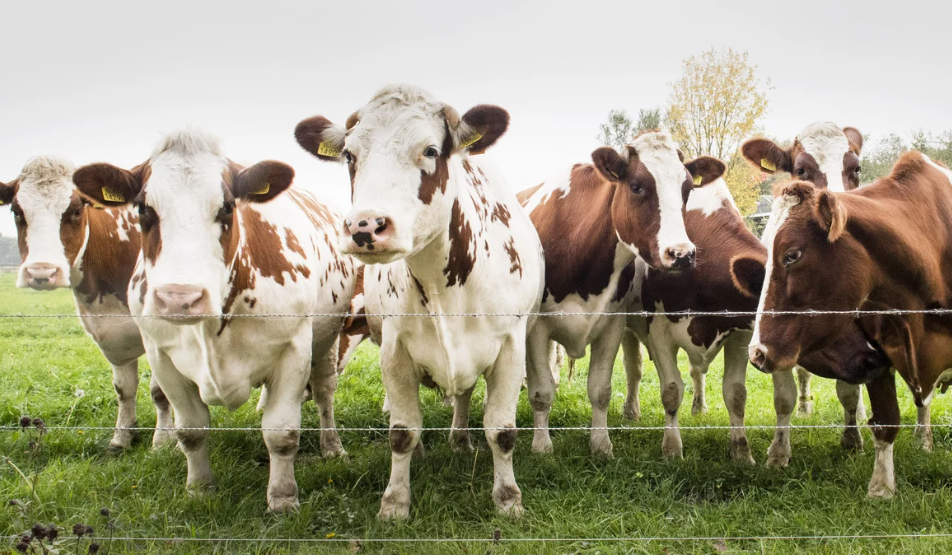Overseeing the day-to-day operations and providing the strategic direction for our live services at Livestock Information is Stuart McDonagh, Chief Operating Officer (COO), who celebrates one year in the role this month. Reflecting on his time in-post, it is clear that there have been some significant changes and improvements to the staffing structure, the people and the resource within the organisation, with much more still to come.
Stuart started out in management consulting, originally in performance improvement before progressing into change management. He owes his progression to a couple of great coaches and mentors who advised and guided him into the innovative and supportive style of leader he is today.
Stuart’s career then took him into the technology and software space, including programme and delivery management, before assuming more service and operational leadership roles at a board level.
He says: “I took on management roles within global operations with high profile clients and learnt about a number of business areas and delivery methodologies, which eventually led me on to specialise in customer success. The key for me was the true value in the people element within a business and the stakeholder relationships with their customers. Irrespective of it being a global enterprise or a smaller limited company, attracting, retaining, and sustaining great people is fundamental to any organisation’s sustainability.”
Life at Livestock Information
Balancing a busy work life with family commitments is never easy, and as for many, coming out of the Covid pandemic altered Stuart’s mindest. He made the decision to look for a role within an organisation which not only offered the flexibility of remote working, but also had strong ethical values when it came to environmental, social, and corporate governance (ESG) responsibilities.
Livestock Information as a company is specifically designed to improve the performance and sustainability of the livestock industry through improving the quality of the traceability data throughout the supply chain. The alignment with Stuart’s technology background made this the ideal next step in his career.
Stuart said: “I wanted to work for a company which was making a difference and would allow me to be a good role model for my son who is now eight years old. I also wanted a role that would allow me to spend more time with my family and enjoy a healthy work-life balance. LI offers all of these things and I truly believe we are making a positive change to the livestock industry.”
When Stuart started in the role in October 2022, the Livestock Information Service for recording sheep movements had been live for six months but was receiving an array of criticism from the industry. There were frustrations over the cost, the time it had taken to be delivered and its suitability for purpose. Stuart immediately set about reviewing the service and the resource available to support it.
“I always take a four-pronged approach to transformation; people, process, technology and data. With out one, the others will not function effectively and embed change,” Stuart explains.
People: Having developed a new target operating model which identified a range of vacancies needing to be filled, Stuart adds: “I really wanted to bring great people into the business who would make a big difference, and I am proud to say that we have achieved that. We’ve been very fortunate to find a good mix of people; some with industry knowledge and some with a technology background. Diversity in a team is hugely important because they each bring different experiences and attributes to the team and have a difference in approach to how we do things.”
Process: Livestock Information needs to responsibly grow rapidly and do things a little differently. “We had to find our feet on how we do things at LI and establish our own processes which worked for us. This will continue to evolve, mature and scale, and be a big enabler once the finance and HR services are brought in-house as part of the impending transition process,” explained Stuart.
Technology: This is an area that Stuart has been able to influence greatly, and his background has really come into fruition. “We have had that flexibility to map everything we need from devices to software and tool selection. We’ve been able to provide what is required for employees to do their job as efficiently and effectively as possible whilst being more sustainable in the process,” Stuart confirms.
Data: As the saying goes ‘Data is King’ and this is at the heart of everything LI deliver, right down to its strategic approach, the recruitment, and the service being delivered. “We have the ability to derive the information we need from the data. It is imperative that you don’t take the first or second example that comes your way as the ‘norm’. The data will indicate what changes you need to make and why. For example, if we are mostly attracting a specific type of demographic during recruitment, we need to do something differently to attract a more diverse crowd,” Stuart says.
Plans for the future
Looking ahead at what’s to come and there is a robust strategy in place covering the next three years to drive the company to reach its delivery goals. At the end of this year, the UK View database for sheep, goat and deer movements will go live, in collaboration with the Welsh and the Scottish sheep traceability services. This will give the Animal and Plant Health Agency (APHA) a single consolidated view of data which they’ve never had before in this level of detail.
Stuart says: “It will be fantastic to meet the expectation of Defra and the industry on what they are wanting to see from us and to know that it is fit for purpose. The analytics and reporting capabilities will allow us to provide value added services which will supplement the core purpose. This is what success will look like from a data perspective.”
In a digital era, the aim of moving to a paperless movement and traceability service has never been so desired by the government bodies who want to be able to access high quality, reliable data in as close to real time as possible. Whilst there is understandably a reluctance towards change from some in the farming sector, there is no denying that a digital solution is more efficient, reliable and reduces the risk of fraud, manual error or loss.
At LI we are committed to engaging and communicating with our customers through the transition from paper-based reporting to using the digital service. In time we expect to be able to mandate the digital reporting and remove the need for paper-based documentation throughout the supply chain. But until such time, we will continue to improve our services for our users and aim to bring more people on the journey with us as we embark on the digital revolution in the farming sector.




